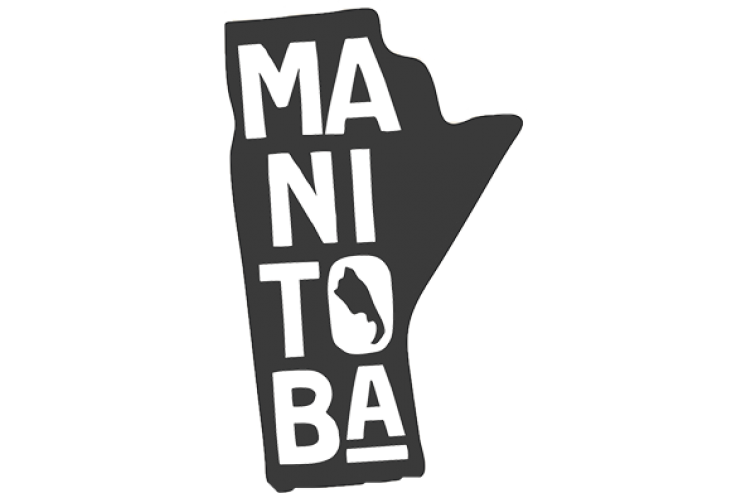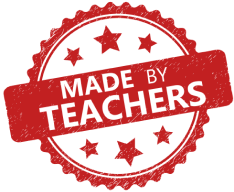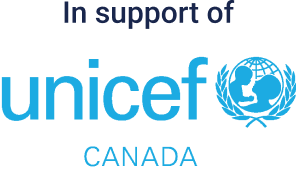Manitoba Grade 8

CLICK HERE FOR CURRICULUM CONNECTIONS, LESSONS AND SUPPORT RESOURCES.
Made by a Grade 8 teacher in Manitoba.
Kids Boost Immunity (KBI) provides educational content (lessons and support materials) developed by teachers and where needed, health experts, that is directly linked to curriculum and is available completely for free. Each lesson is paired with an online quiz that students can take on a laptop, tablet, or phone. Every time a student scores 80% or higher on a quiz, we donate life-saving vaccines to UNICEF Canada. To learn more about KBI, click here.
Click on the overarching curriculum themes below to see the curriculum outcomes that match KBI educational content. The full Grade 8 Manitoba Curriculum Connections document is here.
- Science
-
Curricular outcomes:
Science- Cells & Systems
- 8-1-01 Use appropriate vocabulary related to their investigations of cells and systems.
- 8-1-02 Identify characteristics of living things, and describe how different living things exhibit these characteristics
- 8-1-04 Identify major events and technological innovations that have enabled scientists to increase our understanding of cell biology
- 8-1-08 Differentiate between unicellular and multicellular organisms.
- 8-1-10 Describe structural and functional relationships among cells, tissues, organs, and systems.
- 8-1-14 Describe, using examples, how individual systems in the human body function interdependently.
- 8-1-16 Identify components of the primary and secondary defence systems of the human body, and describe their roles.
- 8-1-17 Identify medical advances that enhance the human body’s defence mechanisms and describe their effects on society
- 8-1-18 Research and describe disorders/diseases that affect body systems, and identify possible preventative measures.
Applicable KBI lessons:
1. Diversity of Living Things
- Literacy builder worksheet/answer guide
- Lesson worksheet/answers
2. The Immune System & How Vaccines Help Prevent Diseases
- Literacy builder worksheet/answer guide
- Lesson worksheet/answers
- Video worksheet/answers
- Numeracy activity/answers
- English Language Arts (ELA)
-
Curricular outcomes:
General Outcome 1
- 1.1.1 Express Ideas
- Explore diverse ideas to develop predictions, opinions, conclusions, and understanding.
- 1.1.2 Consider Others’ Ideas
- Integrate new understanding with previous viewpoints and interpretations.
- 1.2.4 Extend Understanding
- Reconsider initial understanding in light of new information, and ask clarifying questions; listen to diverse opinions and recognize ambiguity.
General Outcome 2
- 2.1.2 Comprehension Strategies
- Use a variety of comprehension strategies [including adjusting reading rate, summarizing main ideas, SQ3R, structured overviews, and checking with peers] to make sense of familiar and unfamiliar texts and remember ideas.
- 2.2.3 Appreciate the Artistry of Texts
- Identify and describe techniques used to create mood in oral, literary, and media texts.
- 2.3.2 Techniques and Elements
- Identify a variety of techniques [such as characterization, word choice, framing, angle...] used to create particular effects or to portray various cultures in oral, literary, and media texts.
- 2.3.4 Experiment with Language
- Identify creative uses of language in popular culture [such as commercials, advertisements, rock videos...]; explain how imagery and figures of speech create tone and mood in texts.
General Outcome 3
- 3.2.2 Identify Sources
- Distinguish between fact and opinion when inquiring or researching using a variety of information sources [such as artifacts, debates, forums, biographies, autobiographies...].
- 3.2.3 Assess Sources
- Develop and use criteria for evaluating information sources for a particular inquiry or research plan.
- 3.2.5 Make Sense of Information
- Construct meaning using direct statements, implied meaning, and inferences; adjust rate of reading or viewing according to purpose, topic, density of information, and organizational patterns of text.
- 3.3.3 Evaluate Information
- Set aside personal bias to evaluate the relevance and importance of information collected; address information gaps for particular forms, audiences, and purposes.
General Outcome 5
- 5.1.3 Appreciate Diversity
- Interpret the choices and motives of individuals encountered in oral, literary and media texts and examine how they relate to self and others; discuss personal participation and responsibility in communities.
Applicable KBI lessons:
1. Critical Thinking & Evaluating Information
- Literacy builder worksheet/answer guide
- Lesson worksheet/answers
- Video worksheet/answers
- Inquiry activities/answer guides
- Numeracy activity/answers
2. Navigating the World of Online (Mis)Information
- Inquiry activities
- 1.1.1 Express Ideas
Curriculum-Related Themes Throughout the Year
- Reflecting on hardships and courage during WWII (November)
-
Applicable KBI lessons:
1. Remembrance Day / Veterans Day / Armistice Day
- Reflecting on leadership and the skills needed to help make a difference for ourselves and others (December)
-
Applicable KBI lessons:
1. Christmas in No Man’s Land - Reflecting on Kindness
- Inquiry/creative activities
- Highlighting some key inspirational leaders during Black History Month as well as some experiences of refugees from different parts of the world (February)
-
Applicable KBI lessons:
1. Black History Month
2. Refugee Experiences
- Lesson worksheet/answers
- Inquiry activities
- Celebrating inspiring women in STEM (March)
-
Applicable KBI lessons:
1. International Women's Day - Celebrating Inspiring Women in STEM
- Literacy builder worksheets/answer guides
- Inquiry activities
- Understanding communicable diseases and how they are spread, and learning about immunization. Suggested during flu season, immunization awareness week, and school vaccinations (if applicable)
-
Applicable KBI lessons:
1. Immunization Awareness Week
2. The Spread of Infectious Diseases
3. Scientific Curiosity and Vaccine Discoveries
- Literacy builder worksheets/answer guides
- Inquiry activities
- Indigenous History on Turtle Island - pre-contact, contact, treaties, colonialism, The Indian Act (September and June)
-
Applicable KBI lessons:
1. Indigenous History on Turtle Island




